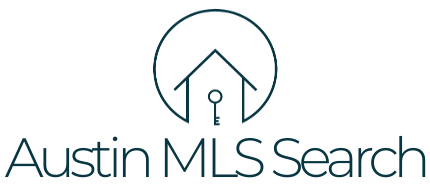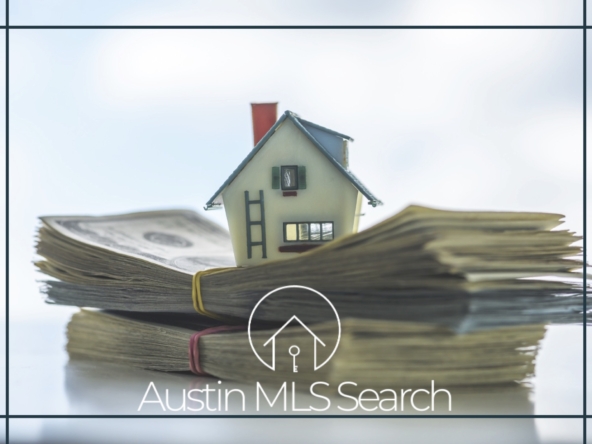We’ve all heard of a mortgage, but what about a reverse mortgage? A reverse mortgage is a type of loan that allows you to cash out your home’s equity while you still live in your home. Instead of paying the lender your monthly mortgage, the lender pays you. You don’t have to pay back the money until you move out, sell the house, or pass away. Here is more information about how it works, and why you would want to take advantage of this loan.
How Does a It Work?
The amount of money you get on a reverse mortgage depends on how much equity you have in your property. Equity is the real market value of your property minus the mortgage still owed. For example, if your home is valued at $400,000 and you still owe $100,000 on the mortgage, your equity is $300,000. That’s the amount of money you can borrow through a reverse mortgage.
If you don’t have a mortgage on the house, then the full market value of the property is the equity you have access to.
The money you receive is tax-free and can be paid upfront in the form of a single lump sum, monthly payments, a line of credit, or a combination of all three.
Types of Reverse Mortgages
Home Equity Conversion Mortgage (HECM)
This is the most common type of reverse mortgage. The Federal Housing Administration insures this reverse mortgage (FHA) and is regulated by the US Department of Housing and Urban Development.
The benefit of this loan is that it’s an on-recourse debt. This means if your house loses value after you take out the reverse mortgage, you won’t have to pay the difference if you sell the home or default the loan.
For 2021, the loan cap is $822,325. You will be required to attend HUD counseling and pay mortgage insurance premiums. The mortgage insurance premium can be taken out of the loan amount, so you don’t have to pay out of pocket, but it will reduce the amount of cash you receive.
Proprietary Reverse Mortgage
A proprietary reverse mortgage is a loan offered by private reverse mortgage lenders. It’s also called a jumbo reverse mortgage. The Federal government does not insure this type of mortgage. These loans are meant for homes with values that exceed the HUD loan cap.
Similar to HECM, you can get the money sum as a lump or as monthly payments, and you can use the money for any purpose. It is similar in that you’ll have to receive financial counseling as well and pay for mortgage insurance. The mortgage insurance can also be deducted from your loan amount.
Single-Purpose Reverse Mortgage
The last kind is single-purpose reverse mortgage. Local and state government agencies and nonprofit entities offer these mortgages. They could be found under “deferred payment loan” or “property tax deferral loan.”
The difference between this loan and the previous two is what the money is used for. In this loan, you must use the money for a specific purpose, like paying off property taxes or making home repairs. Another difference is how less expensive it is since the fees and interest rates are lower.
Eligibility requirements are less strict so this reverse mortgage appeals to low-income borrowers and homeowners that can afford it.
Paying It Back
As long as you continue to live in your home, you won’t have to pay back the reverse mortgage loan. You’ll have to pay for the loan if one of the following happens:
- You die
- You sell the house
- You live outside the home for one continuous year like staying with a relative or move into assisted living
- You don’t pay property tax or homeowners insurance
- You don’t maintain the house.
Once the loan is due, it’s up to you and your lender to figure out how long you have to settle the loan balance. Timing will vary depending on the situation.
While it can be dangerous if a homeowner doesn’t read all the fine print, a reverse mortgage can be a powerful tool if you want funds for necessary home improvements, paying back property taxes, or other important expenses. If you want to look into a reverse mortgage, visit our Lender resource tab here for a list of credible lenders.




